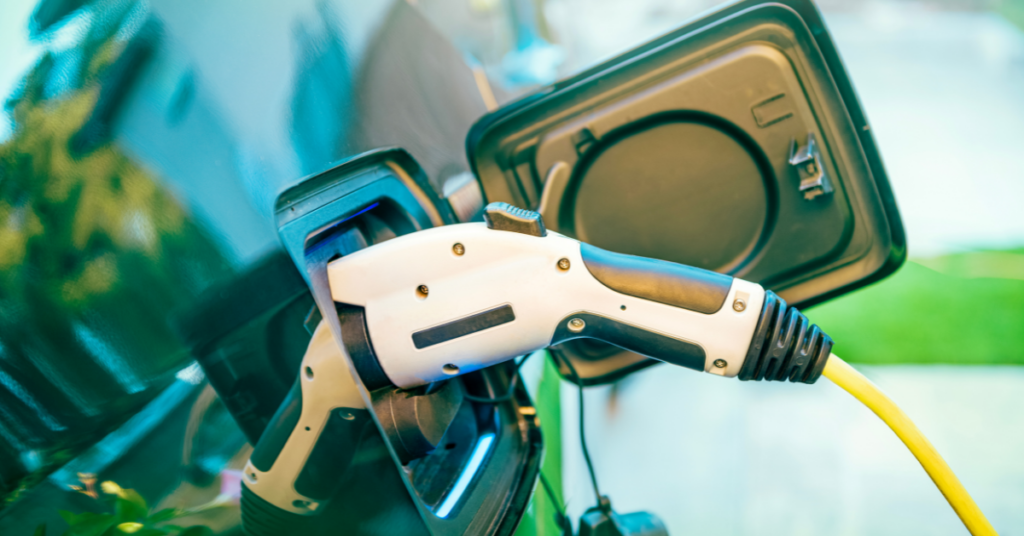
Technological factors have the potential to either impede or accelerate the adoption of electric two-wheelers in India’s evolving electric vehicle (EV) ecosystem, which has witnessed significant growth in recent years supported by government and private sector initiatives. The interim budget also outlined various measures aimed at expediting the expansion of the domestic EV ecosystem, including bolstering charging infrastructure.
As the EV landscape evolves, it becomes evident how policies, market conditions, and technological advancements influence consumer acceptance of these vehicles. Technology emerges as a critical determinant for the adoption of EVs, particularly in the two-wheeler segment, which constitutes one of the largest automobile segments in India.
According to Sushant Kumar, Founder & Managing Director of AMO Mobility, battery technology plays a pivotal role. Advancements in lithium-ion batteries and the emergence of solid-state batteries enhance efficiency, safety, and charging speed, which are crucial for extending vehicle range and enhancing user convenience. Motor technology also significantly impacts performance, with innovations such as brushless DC motors offering improved efficiency and requiring less maintenance.
Furthermore, material science advancements enable the use of lightweight materials that improve range and performance without compromising safety. Kumar notes that these technological strides collectively shape the future of electric two-wheelers, making them more attractive and efficient for consumers.
Anshul Gupta, Managing Director of Okaya EV, emphasizes the importance of finding the right technology as EVs are still in the pilot phase. He highlights the necessity of progressing charging infrastructure, including rapid charging methods and battery swapping techniques, to address concerns about range anxiety and promote widespread adoption.
In the evolving landscape of EV technology, particularly concerning two-wheelers, several technological factors are poised to influence their future development, experts believe.
Prashant Vashishtha, Chairman & Managing Director of Sokudo India, underscores the significance of battery technology advancements, including shifts to more advanced formulations like solid-state or lithium-sulfur batteries promising higher energy densities and faster charging times. Motor technology is expected to advance further, focusing on increasing efficiency and reducing weight, while electronic control systems become more sophisticated to enhance vehicle dynamics and user interfaces.
The integration of IoT and AI technologies plays a vital role in facilitating real-time vehicle diagnostics, enhancing user experience, and increasing vehicle reliability. These technologies contribute to predicting battery life, optimizing energy management, and improving overall vehicle efficiency, according to industry stakeholders.
Gupta also highlights safety as a primary concern for customers due to high voltages and temperatures associated with EVs. LFP batteries are considered safer than NMC batteries due to their higher thermal runaway temperature and longer lifespan, despite requiring more space.
Overall, infrastructure improvements such as fast-charging stations and connectivity features like GPS navigation, coupled with supportive government policies and incentives, contribute to the growing popularity of electric two-wheelers in India’s dynamic mobility landscape.